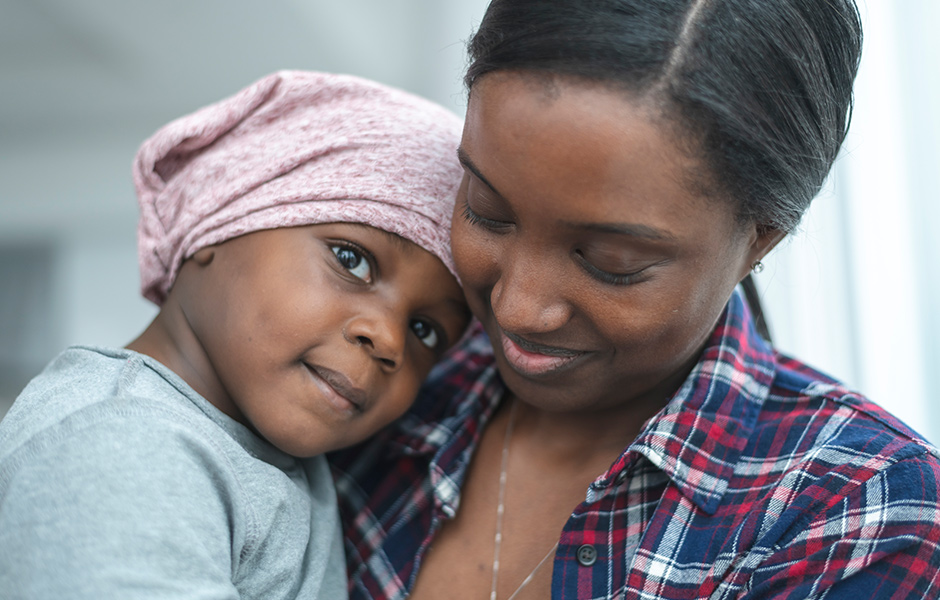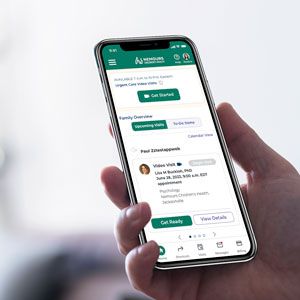Frequently Asked Questions
Clinical Trials
What are clinical trials?
A clinical trial or clinical study evaluates the use of a new intervention (such as a new drug, device, treatment or technique) on human subjects with a particular disease or condition. It gives participants the opportunity to receive an experimental medicine, device or treatment by a qualified physician under strict guidance from the Food and Drug Administration (FDA).
Pediatric clinical trials are conducted in specific medical areas, such as asthma, obesity, hypertension, or heart disease. Clinical trials are usually conducted in many locations and are initiated by a particular organization or health care group, such as the cancer-related trials run by the Children’s Oncology Group (COG). Physicians and researchers at Nemours Children's participate as a part of a specific, larger group.
The decision to participate in a clinical trial is completely up to you and your child, and any information collected during the trial is confidential.
What is a registry?
A registry is a research collection of medical information from people who have received or are receiving a certain intervention for a particular disease or condition. Often called “summary medical information,” these are the health records that patients have either provided — or have authorized researchers to access — in order to populate a registry. Researchers can then analyze registries to look for patterns in the data and evaluate whether better outcomes under certain conditions are consistently associated with a particular intervention. Participation in a registry is voluntary and confidential.
Wondering if a clinical trial might be right for your child?
Learn what clinical trials are, how they’re run, and what you need to know to make an informed decision.
Are clinical trials safe?
Participant safety is of the utmost importance to Nemours, the government agencies responsible for regulating research involving children and adults, and to those helping to conduct the trials. At Nemours, we monitor children in clinical trials closely. At any time, you and your child may stop participating in a trial, even if the trial isn’t complete. Participation in research is always voluntary.
To help ensure your child’s safety, all human research, including clinical trials of a drug, biological product, or medical device regulated by the FDA is reviewed, approved, and monitored by our institutional review board (IRB). The IRB ensures that the trial is ethical and that the rights and welfare of participants are protected. Rest assured that, at Nemours, our IRB is informed of every step along the way of every trial.
Who can participate in a clinical trial at Nemours?
Each clinical trial has its own requirements for participation. The trial’s investigators may be looking for participants of a certain age and gender, with specific health conditions, medications, and medical histories. This helps researchers to better answer the very specific questions they’re investigating.
How long do clinical trials last?
The length of a clinical trial depends on what’s being studied. If you’re interested in a particular trial, make sure to find out whether the trial will need short- or long-term participation before you enroll.
Does participation in a clinical trial take the place of regular health care?
Clinical trial participants usually continue to see their regular health care providers at the same time they’re taking part in the trial. You child’s physicians will collaborate with our research team to make sure the trial doesn’t conflict with other treatments being administered.
Learn More About Clinical Trials
Learn more about clinical trials and get answers to your questions.



